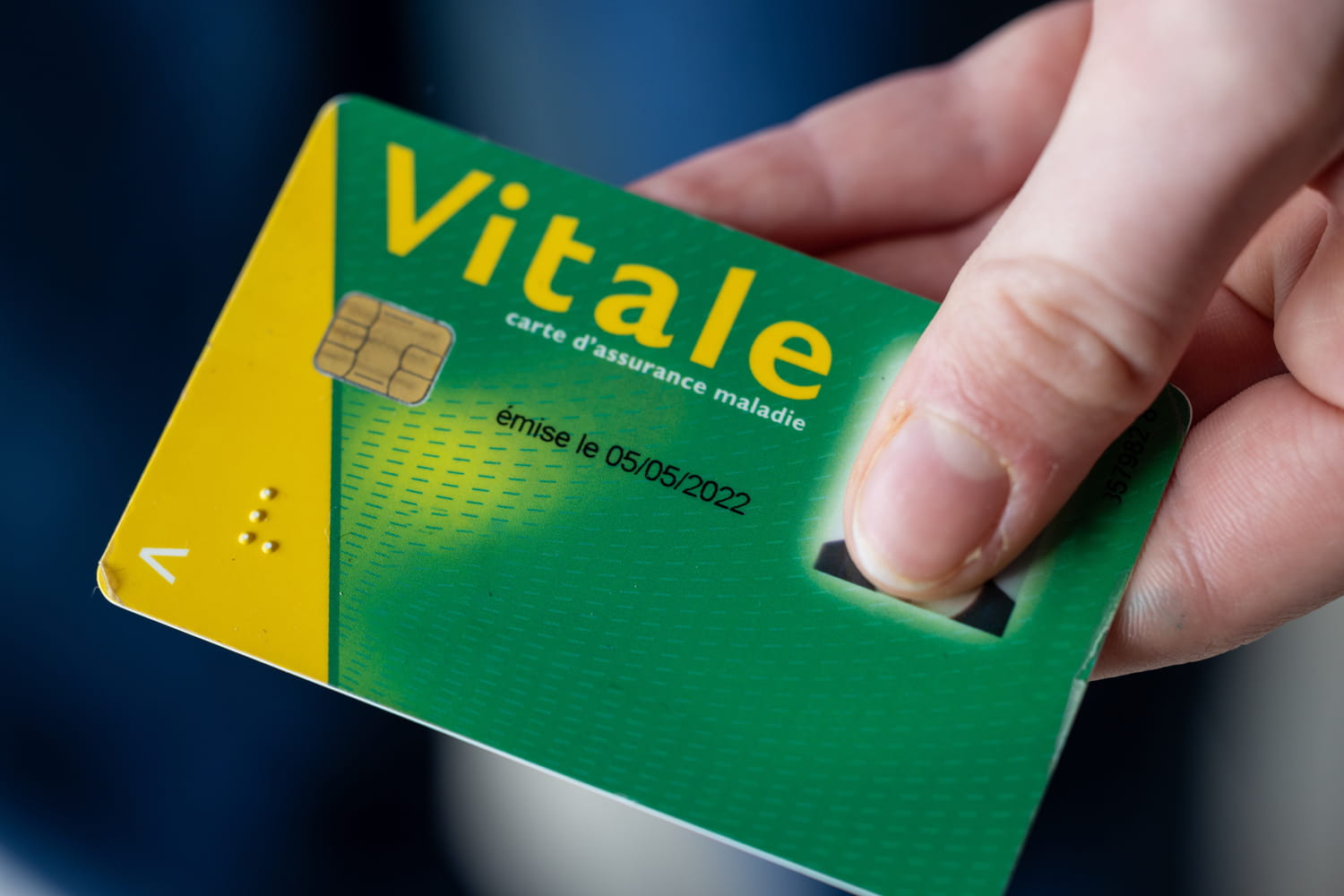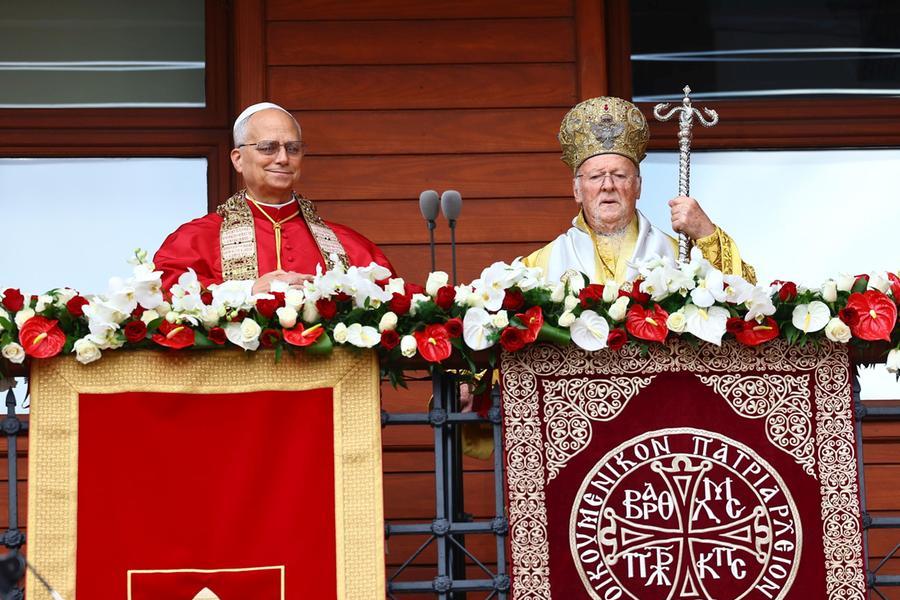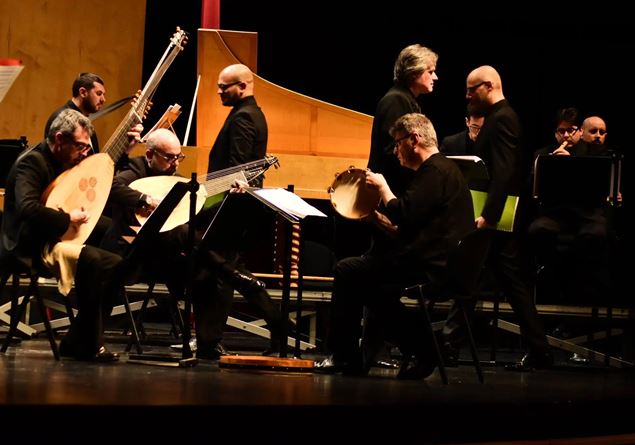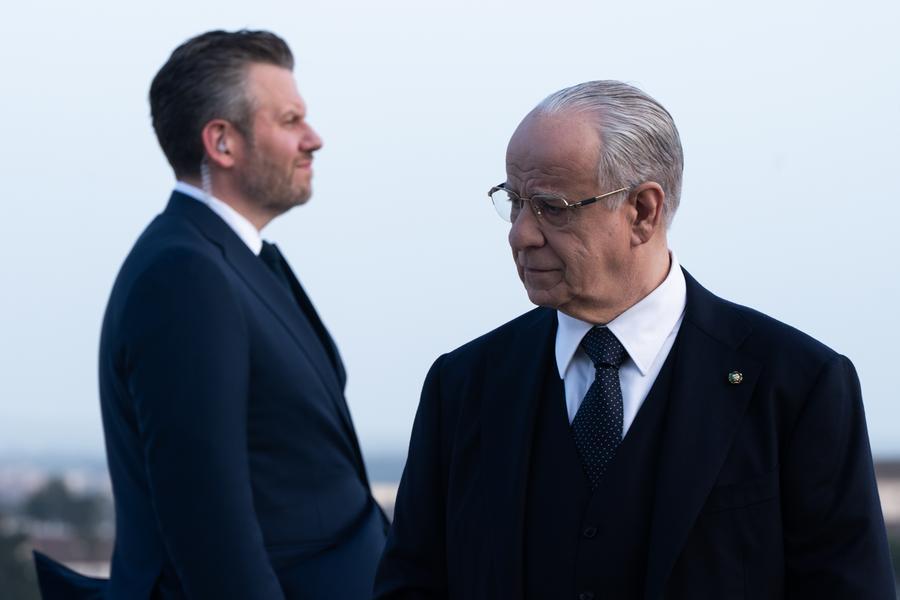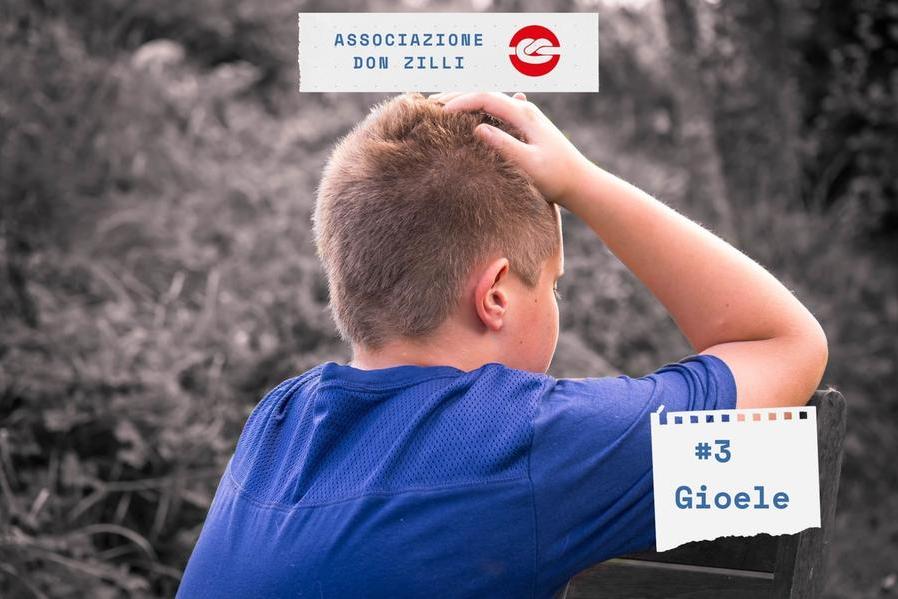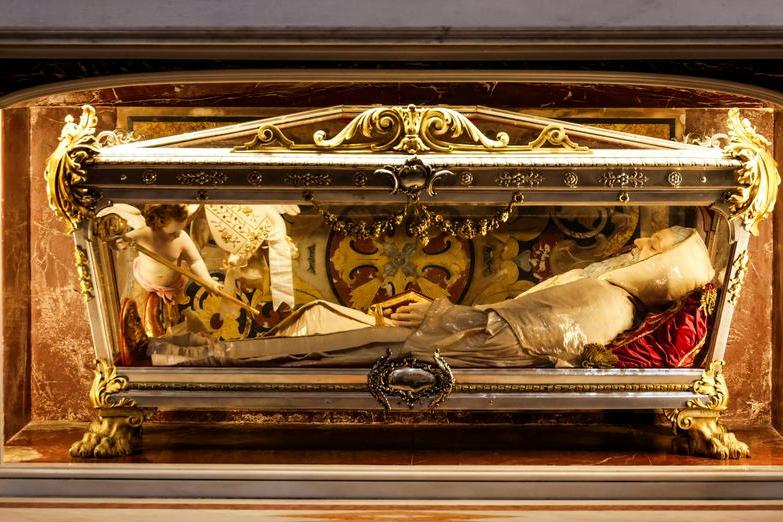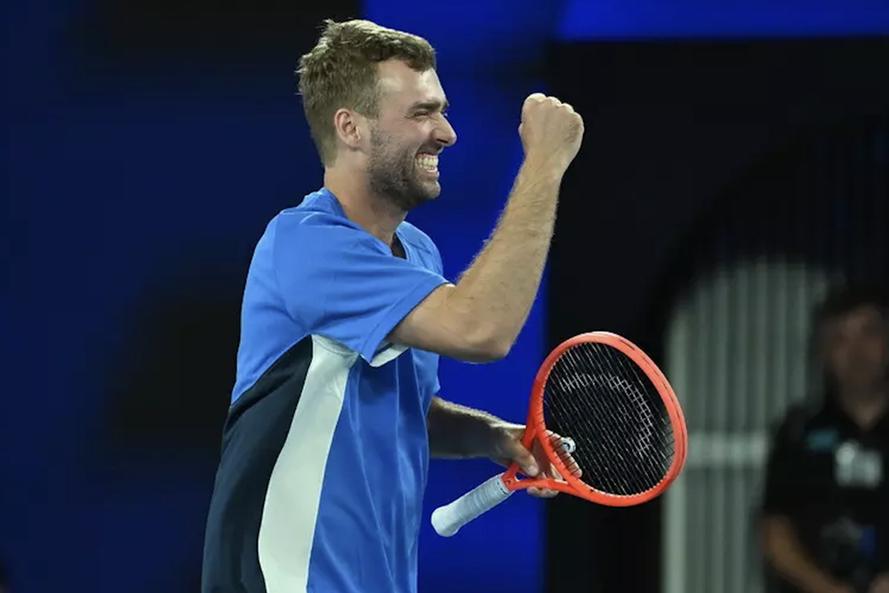Giovanni Pierluigi da Palestrina was born five hundred years ago, in 1525, in Palestrina and is considered one of the greatest musicians of the European Renaissance. Francesco Leineri was born in Palermo in 1990, graduated with honors in Composition from the Santa Cecilia Conservatory in Rome and has refined his style over the years through studies in orchestral conducting, electronic music and performing arts.
How, where and when do Giovanni Pierluigi and Francesco meet? The two musicians will “dialogue” with their music on Thursday 6 November at 9pm at the Teatro Argentina in Rome for the opening of the chamber season of the Roman Philharmonic Academy. The music of the Renaissance and that of our time meet for the new project entitled “The Song of Songs”. Giovanni Pierluigi da Palestrina in his Fourth Book of Motets composed in 1584 chooses the famous biblical text dedicated to love, creating one of the most fascinating versions in the history of Western music, experimenting with a new compositional form, halfway between the sacred motet and the profane madrigal, characterized by a varied sound texture. On Thursday evening Palestrina’s music will alternate with the pieces commissioned by the Philharmonic from Leineri, which will be heard for the first time. The musician from Palermo used six languages for the lyrics, including ancient Greek and Hebrew. The texts are original by the composer or freely reworked from the Hebrew Bible, Sappho, Guillaume Apollinaire and Juan de la Cruz.
“In my score”, explains Leineri, “Palestrina’s music emerges as a reminiscence, as the memory of an ancient value, and the text of the Vulgate it is adapted and even more universalized. I painted an androgynous figure who was both Lover and Beloved, a disturbing passion that crossed genders indiscriminately, like the blood that unites the birth and death of each of us”.
A new, unprecedented combination, which will see on stage theEnsemble De Labyrintho formation founded in 2001 and quickly became one of the reference vocal groups in the Renaissance repertoire, directed by its founder Walter Testolinthe accordionist Samuele Telari, the cellist Elide Sulsenti and Leineri himself on percussion and live electronics.
“In this new project”, explains Walter Testolin, “the instruments and the vocal part dialogue with great affinity: the cello has a natural vocality; the accordion shares the “air” of the sound, the pneuma; the percussions refer to the pulsation, implicit foundation of Renaissance practice, while the electronics do not dominate but frame. Our choice, declared and shared, is not to ‘juxtapose two works’, but to let one mature inside the other: Francesco Leineri’s part germinates from Palestrina’s notes, modifying the tempo and perspectives, and produces a coherent, rather than juxtaposed, result”.
(in the photo by Bogdan Lupu: Francesco Leineri)

